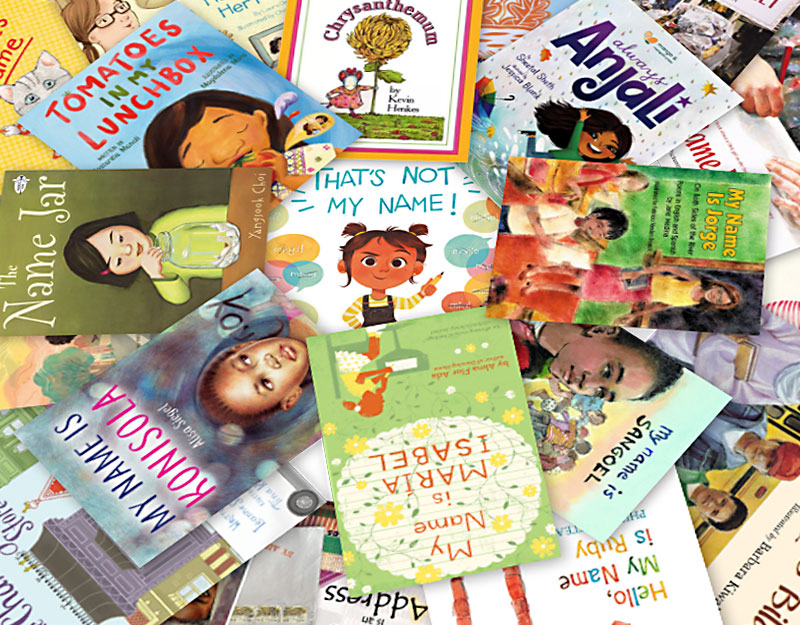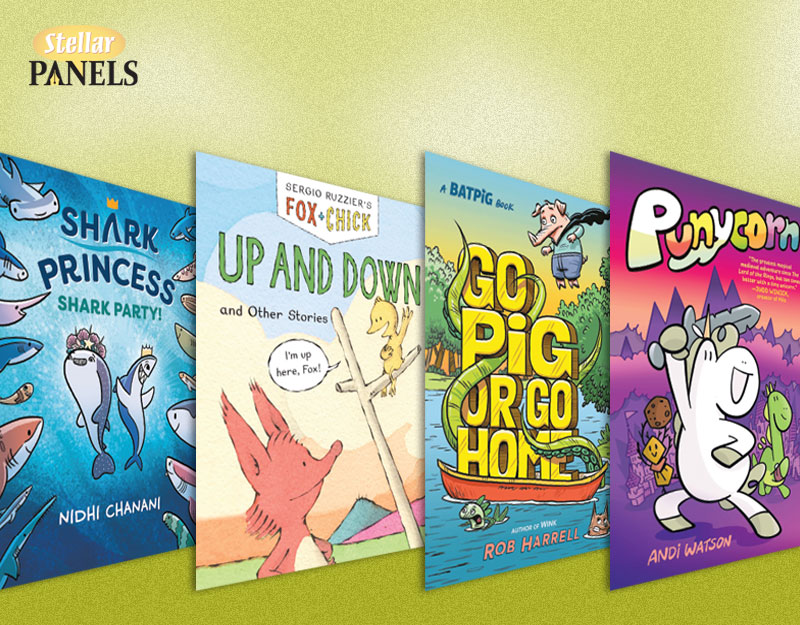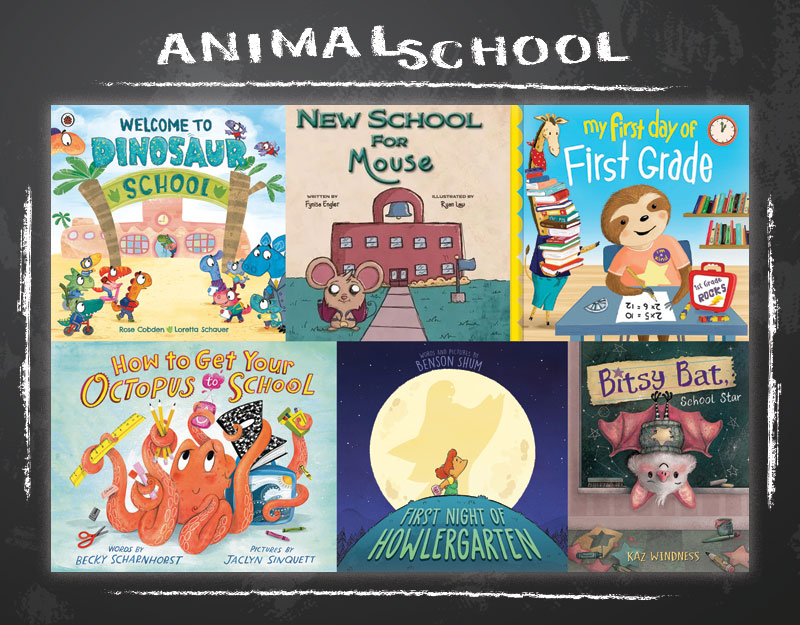Who makes the rules? Activism in schools, a guest post by librarian Jenny Arch

Transitioning from childhood to adolescence, kids begin thinking about how to be a person…how to be a person in the world. They have ideas about what’s fair and what’s right, and how to respond when they encounter – or see others encountering – injustice and unfairness. In these books, kids become activists in the fight against dress codes, censorship, sexual harassment, and racism (and they fight for access to menstrual products). They use all the tools at their disposal: school newspaper articles, podcasts, social media, sit-ins, attending school board meetings, contacting adults who might help, and relying on each other. Sometimes the adults in the story – teachers, administrators, parents – are allies, sometimes antagonists. Victory may be partial, but all progress is worth celebrating.
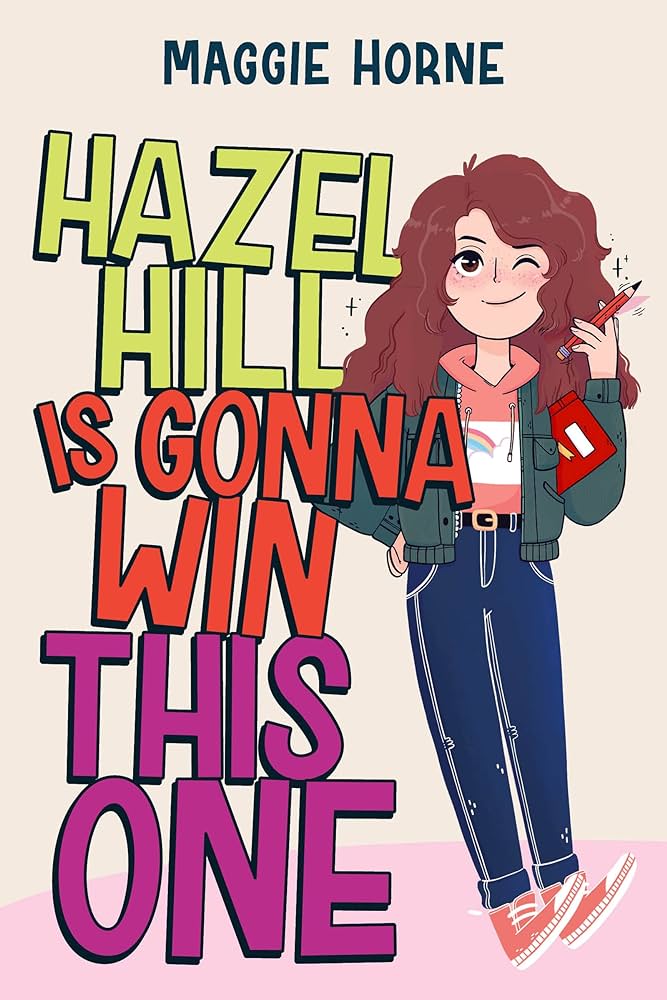
In Hazel Hill Is Gonna Win This One (2022) by Maggie Horne, the titular character is set on beating her rival, Ella Quinn, in their school’s speech contest, but then she finds out that Ella is being sexually harassed by a boy in their school. When they attempt to get help from adults, they are punished instead, leading Hazel to use her voice at a time and place where people have to listen to her. Hazel reminds herself, “I’m not the type of person who gets nervous speaking in front of a crowd. When I’m giving a speech, I can be a totally different person, someone who isn’t ever afraid of anything and who can stand up straight and tell people things they never knew before. I can make people listen to what I have to say” (56). Rather than competing, the girls join forces to fight an important battle.
ADVERTISEMENT
ADVERTISEMENT
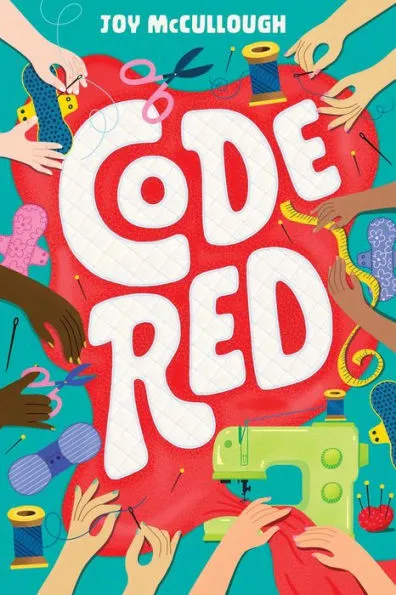
Eden makes a new friend when Marisol defends her against a bully in the school hallway in Code Red by Joy McCullough (2023). When both girls are suspended, Eden – a former elite gymnast who suffered a career-ending injury – helps Marisol at the food pantry her mother runs, and learns about period poverty. Eden and her new friends begin an activist campaign, but Eden’s mom – who runs a period product company – is not supportive. Eden realizes, “The one thing I was an expert on is no longer my thing. So I had to be a beginner at something eventually. It might as well be this thing that makes me feel like I want to go out and slay some dragons” (126).

Mascot (2023) is a novel in verse by Traci Sorell and Charles Waters, in which six eighth grade honors English students take turns narrating their perspective on the debate over the school mascot. The six students have different backgrounds, and their identities, as well as their research, inform their opinions about whether the Braves are racist and should be replaced. Many schools, as well as university and professional sports teams, still have mascots many consider racist, so this debate is relevant throughout the country.

“She smiles. I’ve seen that smile a lot these days. It’s easier to smile than to throw a desk through a window” (Dress Coded, 226).
In Dress Coded (2020) by Carrie Firestone, eighth-grader Molly Frost is sick of the way that her middle school’s dress code affects her friends and classmates (just the girls – the boys never get dress coded), and she starts a podcast about it, interviewing different girls about their experiences. They try several ways to get the dress code changed, from sending a petition to the superintendent to putting up posters to attending a school board meeting; finally, they have a “camp-in,” setting up tents on the school’s front lawn. Molly’s parents are distracted by her older brother’s vaping problem, but they come through for her in the end. Readers may also like Opinions and Opossums (2023) by Ann Braden, and Moxie (2017) by Jennifer Mathieu provides similar GRRRL power at the high school level.

In Revenge of the Red Club (2019) by Kim Harrington, anonymous complaints lead to censorship of the student newspaper, new enforcement of an old dress code, and a crackdown on the beloved “Red Club,” a supportive student group for those who have gotten their period to discuss menstruation. Eighth grade reporter Riley and her friends appeal to the administration, write articles, and organize demonstrations. Inspiring for all feminists, and a perfect companion to the graphic novel Go With the Flow (2020) by Karen Schneemann and Lily Williams, in which four friends serve as a strong support network for each other as they campaign against period poverty and inequality in their school, where the menstrual product dispenser in the bathroom is always empty and, when Abby confronts him, the principal refers to periods as girls’ “little problem.”

ADVERTISEMENT
ADVERTISEMENT
“Toilet paper is free in any public bathroom. So why aren’t sanitary items? People bleed! It is natural. AND women already make less than men and we get taxed higher on basic necessities. This seems criminal!” (Go With the Flow, 51).
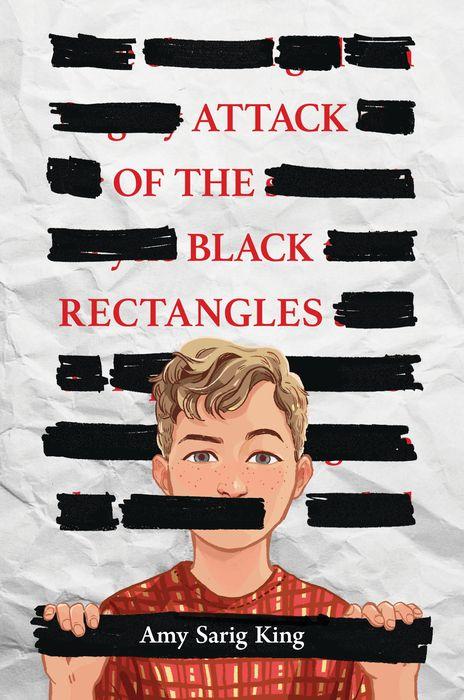
Just like changing unfair dress codes in schools, tackling censorship requires multiple approaches and attempts in Attack of the Black Rectangles (2020) by Amy Sarig King. Sixth-grader Mac is surprised when he and his classmates find blacked-out sections in their school-assigned copies of The Devil’s Arithmetic by Jane Yolen. He asks his mom, “Why would anyone be afraid of a book? There are guns and snakes and all kinds of other stuff for sale that could actually kill you.” Mom replies, “They’re afraid of the ideas, Mac” (47). Mac and his friends take their case to the principal and finally the school board, where Jane Yolen herself makes a surprise appearance. For more about banned books in schools, see Ban This Book (2017) by Alan Gratz.
The tweens and teens in this book are tough, principled, and inspiring. They identify problems and take action; they find allies; they make mistakes and keep trying. Most of all, they show us that the world doesn’t have to be the way it is – that things can be different, and that everyone can make a difference.
Books:
Mascot by Charles Waters and Traci Sorell (2023)
Code Red by Joy McCullough (2023)
Hazel Hill Is Gonna Win This One by Maggie Horne (2022)
Attack of the Black Rectangles by A.S. King (2020)
Ban This Book by Alan Gratz (2017)
Dress Coded by Carrie Firestone (2020)
Moxie by Jennifer Matthieu (2017)
Opinions and Opossums by Ann Braden (2023)
Revenge of the Red Club by Kim Harrington (2019)
Go With the Flow by Karen Schneemann and Lily Williams (2020)
Bio:
Jenny Arch is the Children’s Services Librarian at the South Hadley (MA) Public Library. She writes youth book reviews for SLJ and Kirkus, and has served on the Heavy Medal committee twice. Follow her library blog at https://jenny-arch.com/, or find her on BlueSky, Instagram, or Twitter/X @itsokihaveabook.
Filed under: Activism, Middle Grade, Middle Grade Fiction, Mind the Middle, Mind the Middle Project
About Karen Jensen, MLS
Karen Jensen has been a Teen Services Librarian for almost 30 years. She created TLT in 2011 and is the co-editor of The Whole Library Handbook: Teen Services with Heather Booth (ALA Editions, 2014).
ADVERTISEMENT
ADVERTISEMENT
SLJ Blog Network
The 2024 Ninja Report: Bleak
A Sequel Coming This Summer That You Won’t Want to Miss: Bob Shea Discusses His Latest
Review| Agents of S.U.I.T. 2
ADVERTISEMENT



